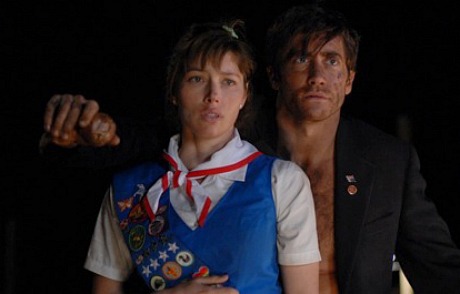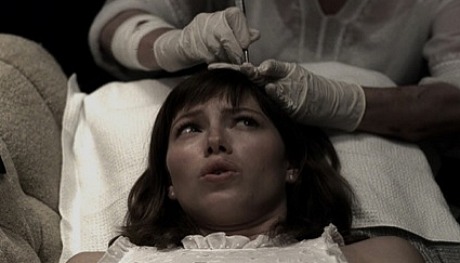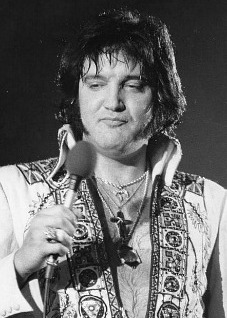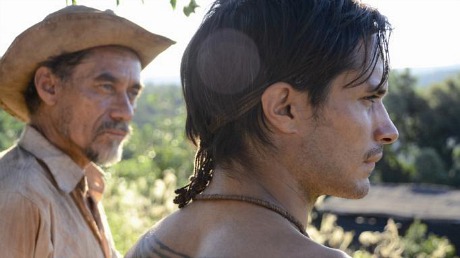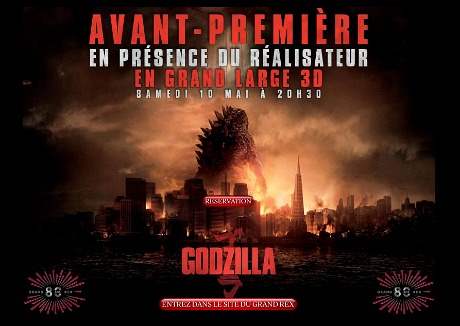If Bilge Ebiri is correct about self-loathing being a fundamental aspect of the Adam Sandler persona (i.e., his style of humor as manifested in his films), does it follow that self-loathing is also a psychological cornerstone of his fans, many if not most of whom are middle-aged, sandal-wearing, ball-scratching lonely guys who embrace if not revel in a certain yawhaw anti-intellectual guy-guy mentality? I see these guys all the time at the multiplex and can only shake my head. I don’t want to generalize but the words “incurious ESPN-watching lowlifes” is what comes to mind. They all wear the same duds during the warmer months (oversize T-shirts, baggy shorts, awful-looking flannel shirts)…the worst-dressed sub-culture in the history of western civilization.
Abridged Ebiri: (a) “Watching Sandler’s films again recently, I was struck by the profound sense of self-loathing at the heart of all his work. It peeks through in small moments, in brief lines of dialogue. But it’s always there. Sandler isn’t self-deprecating; there’s actually an angry edge to his jokes and his asides that speaks to the fuck-up, the malcontent, the disappointment, the guy who used to be a sweet kid and then somehow threw it all away. Haven’t we all been that guy at some point in our lives? When you least expect it, this self-loathing peers through. This] simmering, nuclear self-hate has also informed the more serious-minded films that he’s done. It’s what fuels P.T. Anderson’s absurdist, aggressively brilliant Punch-Drunk Love — the paralyzing anxiety of a man for whom everything in the world feels like a transgression, an insult. It’s also there in Funny People (directed by Sandler’s old roommate, Judd Apatow), in which he plays lonely, successful, soulless comedian George Simmons, who selfishly lies about a terminal disease to try to find love.”

